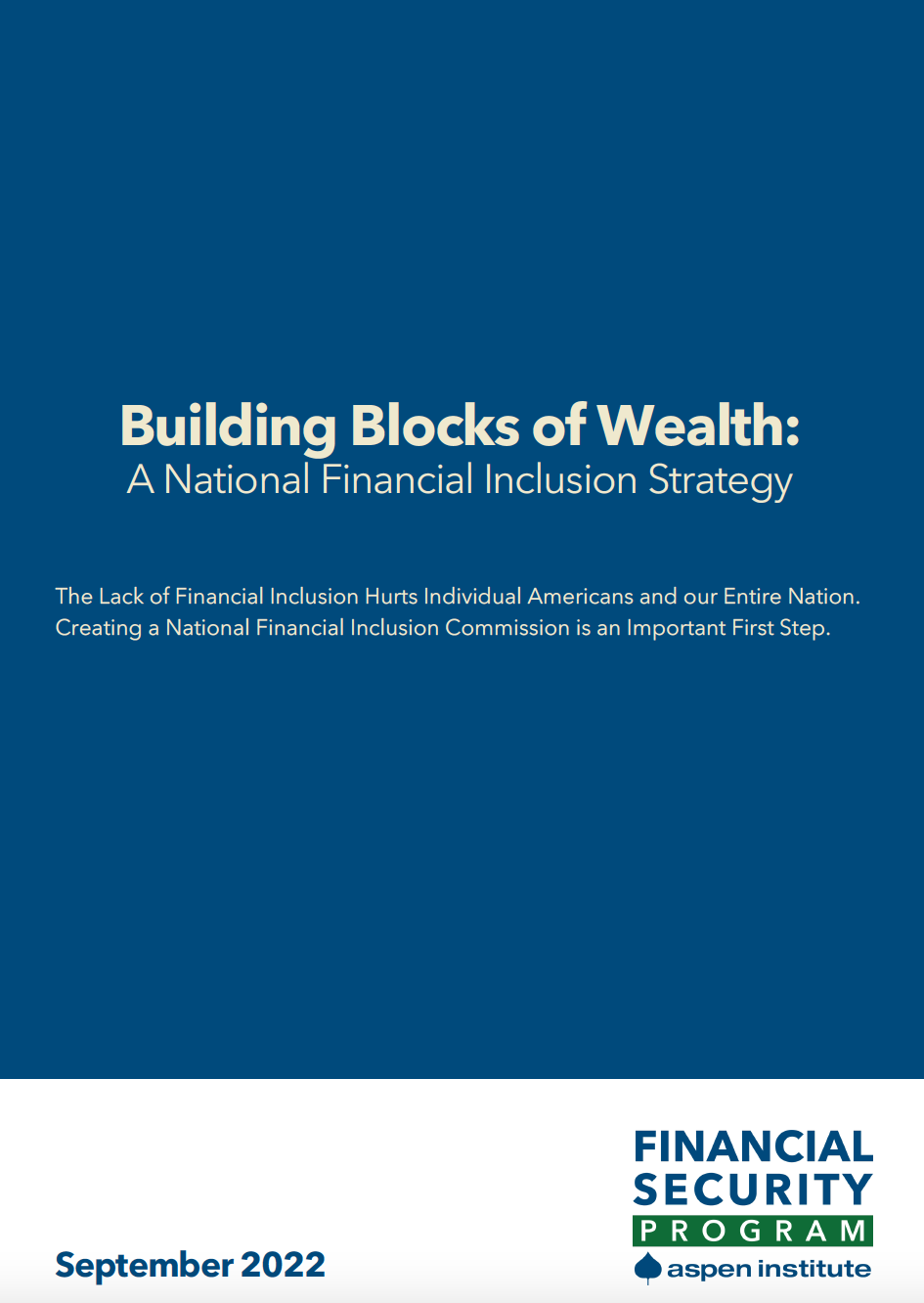Across rural America and in urban centers throughout the country, there is a little-known roadblock to economic growth and personal prosperity that is keeping millions of people from achieving financial independence and building personal wealth. Many people are “unbanked,” meaning they lack a bank account, while others are “underbanked” and forced to use alternative financial services such as money orders, check-cashing services, and payday loans rather than traditional loans and credit cards to manage their finances and fund purchases. Both situations block millions of people across the nation from personal financial stability and hurt our nation’s overall economic growth.
Even before the pandemic, millions lacked access to financial services for far too long–not only basic banking and payment options but also access to reasonable credit, short-term and long-term (retirement) savings opportunities, and insurance. This has prevented people and their families from achieving both short-term financial stability and long-term financial security. Often, those impacted are members of communities of color or residents of rural communities who have seen a loss of physical bank branches in their communities.
For too long, the U.S. has taken a fragmented approach to financial inclusion. Federal agencies, financial institutions, community organizations, and advocacy groups have led important individual initiatives to address the lack of inclusive financial systems in the United States. These initiatives, however, do not operate with a shared set of goals, accountability measures, or incentives to drive collaboratively toward a common, identifiable set of objectives. Furthermore, these initiatives often operate outside other key elements of our financial infrastructure, such as supervision, compliance, and rule-making.
Over 50 countries have developed financial inclusion strategies to set national goals and coordinate action, improving access to financial services for their citizens. The United States trails other countries with its lack of a comprehensive financial inclusion strategy. The federal government should create a National Commission to establish a financial inclusion strategy to set joint goals for federal agencies and the private sector for financial inclusion, develop ongoing means of coordinating action between leading agencies and organizations, and track progress toward building an inclusive financial system in the US.
This brief provides a roadmap for a national commission that would prepare a comprehensive, whole of government, national financial inclusion strategy. It describes the proposed Commission’s mandate, membership, and duties. Read it today.


